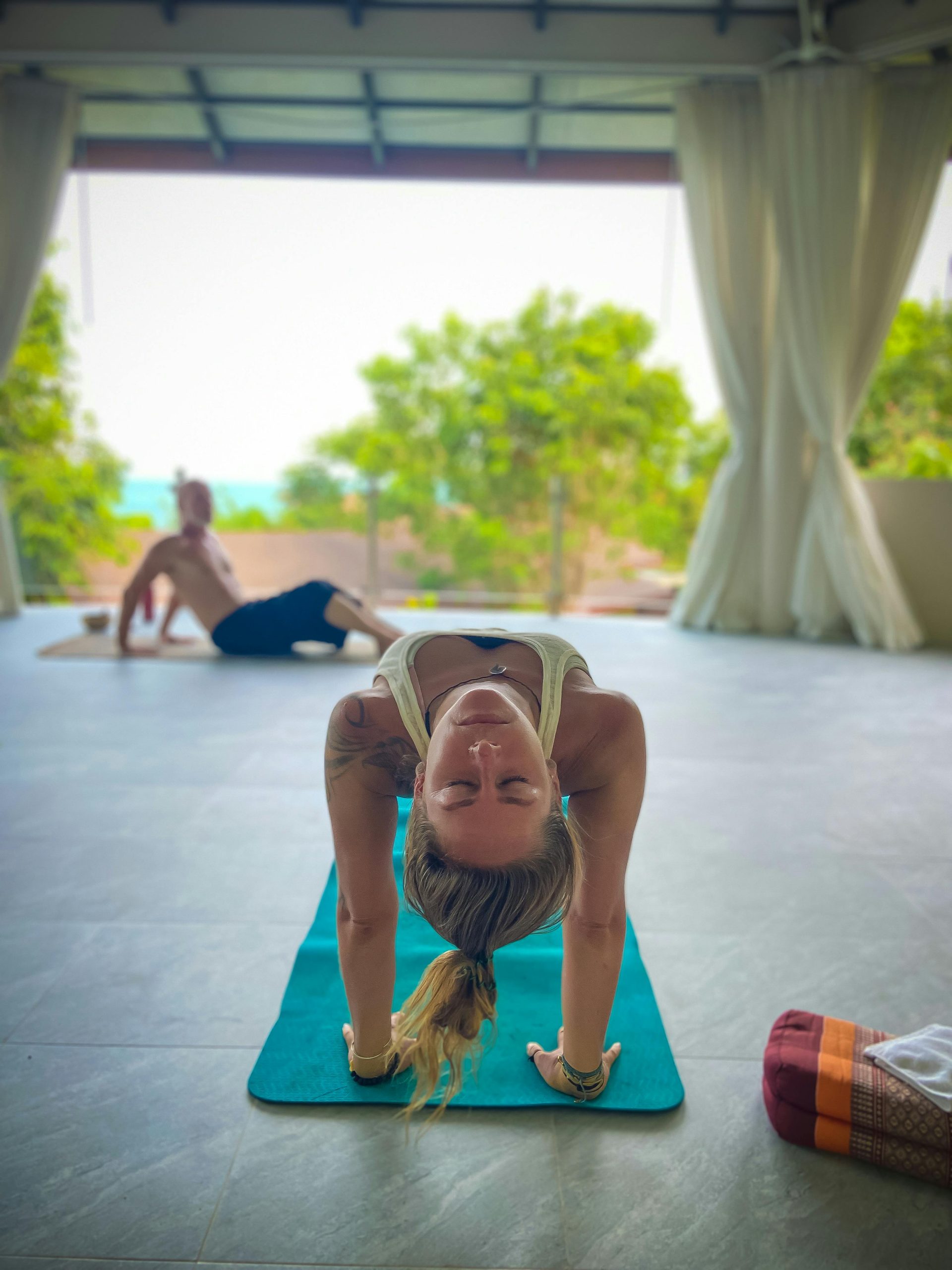In today’s fast-paced world, stress and anxiety are common challenges many people face. Meditation offers a simple yet powerful way to calm the mind, reduce stress, and cultivate inner peace. If you’re new to meditation, don’t worry—getting started is easier than you think. This guide will walk you through beginner-friendly meditation techniques to help you relax, focus, and find balance in your daily life.
Why Meditation is Beneficial for Beginners
Meditation has been practiced for thousands of years, and modern science confirms its many benefits. For beginners, meditation can help:
- Reduce stress and anxiety by calming the nervous system.
- Improve focus and clarity by training the mind to stay present.
- Enhance emotional well-being by fostering self-awareness and compassion.
- Promote better sleep by relaxing the body and mind before bedtime.
The best part? You don’t need any special equipment or experience to start. Just a few minutes a day can make a big difference.
Simple Meditation Techniques for Beginners
1. Mindful Breathing
Mindful breathing is one of the easiest ways to begin meditating. Here’s how to do it:
- Find a quiet, comfortable place to sit or lie down.
- Close your eyes and take a few deep breaths to relax.
- Focus your attention on your breath—notice the sensation of air entering and leaving your nostrils.
- If your mind wanders, gently bring your focus back to your breath.
- Start with just 5 minutes and gradually increase the duration.
This technique helps anchor your mind in the present moment, reducing stress and promoting relaxation.
2. Body Scan Meditation
Body scan meditation is excellent for releasing tension and improving body awareness. Follow these steps:
- Lie down on your back or sit in a relaxed position.
- Close your eyes and take a few deep breaths.
- Slowly bring your attention to each part of your body, starting from your toes and moving up to your head.
- Notice any sensations—tightness, warmth, or relaxation—without judgment.
- If you find tension, breathe into that area and imagine it melting away.
This practice helps you connect with your body and release physical stress.
3. Guided Meditation
If you find it hard to meditate alone, guided meditation is a great option. Here’s how to get started:
- Use a meditation app or find a guided meditation video online.
- Choose a session that matches your goal—relaxation, sleep, or stress relief.
- Follow the instructor’s voice as they guide you through visualization or breathing exercises.
Guided meditations are helpful for beginners because they provide structure and support.
Tips for Building a Consistent Meditation Practice
Starting a meditation habit can be challenging, but these tips will help you stay on track:
- Start small—begin with just 5 minutes a day and gradually increase.
- Set a routine—meditate at the same time each day to build consistency.
- Create a peaceful space—find a quiet corner where you won’t be disturbed.
- Be patient—it’s normal for your mind to wander; just gently bring it back.
- Track your progress—journaling about your experience can help you stay motivated.
Remember, meditation is a practice, not a perfect. Every session counts, even if it feels short or distracted.
Common Challenges and How to Overcome Them
As a beginner, you might face some obstacles in your meditation journey. Here’s how to handle them:
Restlessness or Boredom
If sitting still feels difficult, try shorter sessions or incorporate movement-based meditation like walking meditation.
Overthinking
It’s natural for thoughts to arise. Instead of fighting them, acknowledge them and gently return to your breath or mantra.
Falling Asleep
If you often doze off, try meditating in an upright position or at a different time of day when you’re more alert.
With time and practice, these challenges will become easier to manage.
Conclusion
Meditation is a powerful tool for reducing stress, improving focus, and finding inner peace—especially for beginners. By starting with simple techniques like mindful breathing, body scans, or guided meditations, you can build a practice that fits your lifestyle. Remember, consistency is key, and even a few minutes a day can make a difference. Be patient with yourself, and enjoy the journey toward a calmer, more centered you.
